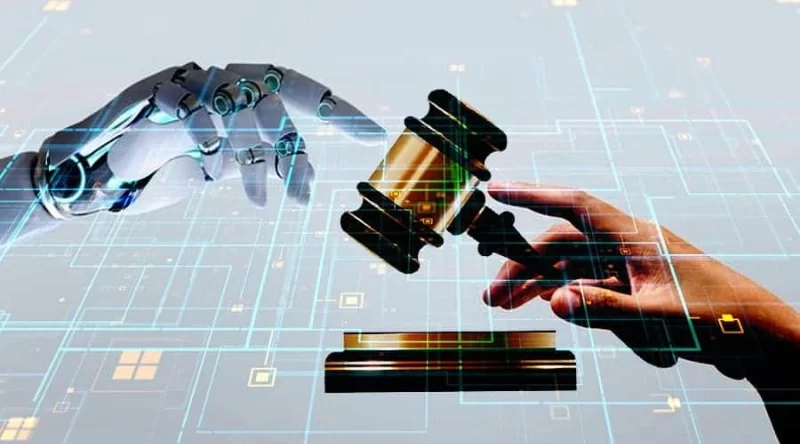
- what-is-predictive-policing-and-how-it-works - What Is Predictive Policing and How It Works
- legal-challenges-facing-predictive-policing - Legal Challenges Facing Predictive Policing
- case-examples-of-predictive-policing-controversies - Case Examples of Predictive Policing Controversies
- constitutional-concerns-and-data-bias - Constitutional Concerns and Data Bias
- the-role-of-legal-counsel-in-tech-driven-law-enforcement - The Role of Legal Counsel in Tech-Driven Law Enforcement
- how-esplawyers-helps-in-regulating-digital-policing - How ESPLawyers Helps in Regulating Digital Policing
1. What Is Predictive Policing and How It Works
Predictive policing refers to the use of data analytics, algorithms, and artificial intelligence to forecast where crimes are likely to occur or identify individuals who may commit crimes in the future. These systems rely on historical crime data and patterns to direct police resources more efficiently.
While the goal is to reduce crime proactively, it raises major questions about transparency, fairness, and legality—especially when such technology influences real-world policing decisions. Understanding how predictive policing functions is essential before evaluating its legal challenges.
2. Legal Challenges Facing Predictive Policing
2.1 Due Process and Probable Cause
One of the most pressing concerns is whether arrests or searches initiated through predictive data violate constitutional protections. The U.S. Constitution requires law enforcement to have probable cause. Can an algorithm replace an officer's judgment? Courts are struggling with these gray areas.
2.2 Transparency and Accountability
Another major issue is the “black box” nature of algorithms. Many predictive policing tools are proprietary, and their internal logic isn’t available to defense attorneys or judges. This creates legal blind spots where accountability is absent, potentially infringing on the accused’s right to a fair trial.
3. Case Examples of Predictive Policing Controversies
3.1 LAPD’s PredPol System
The Los Angeles Police Department used PredPol to identify high-crime zones. However, public backlash erupted after it became clear that certain minority neighborhoods were disproportionately targeted, leading to accusations of racial profiling. Eventually, the LAPD discontinued the system in 2020.
3.2 Chicago’s Strategic Subject List
Chicago’s experiment with predictive policing involved creating a "heat list" of individuals at risk of being involved in gun violence. Despite its intentions, the list included people with no criminal records, causing public concern and sparking lawsuits over privacy invasion and discrimination.
4. Constitutional Concerns and Data Bias
4.1 Equal Protection and Disparate Impact
When predictive algorithms use biased data, the risk of discrimination increases. If historical policing data already reflects racial or socioeconomic bias, the algorithm can inherit and amplify it. This contradicts the Equal Protection Clause and opens doors to civil rights lawsuits.
4.2 Fourth Amendment Violations
The Fourth Amendment protects against unreasonable searches and seizures. But how does that apply when predictive software labels someone as high-risk? Several legal experts argue that relying solely on software for police stops is constitutionally unsound.
5. The Role of Legal Counsel in Tech-Driven Law Enforcement
5.1 Reviewing Algorithmic Justification
Attorneys are increasingly called upon to review the legal basis of tech-driven policing. Whether it's contesting algorithmic decisions in court or requesting audits of policing software, lawyers play a pivotal role in keeping technology within the bounds of constitutional law.
5.2 Advocating for Policy Reform
Legal professionals are also involved in pushing for legislation that mandates transparency, fairness, and oversight in predictive policing tools. The legal field is actively influencing how future technologies are developed and deployed.
6. How ESPLawyers Helps in Regulating Digital Policing
At ESPLawyers, we specialize in the intersection of technology and law. Whether it’s challenging wrongful algorithm-based targeting, defending your constitutional rights, or helping city councils craft lawful policing policies, we bring legal clarity to complex tech issues.
Our team believes that innovation should never come at the cost of civil liberties. If you or your community is affected by predictive policing tools, our attorneys can provide the critical legal support you need to hold systems accountable and ensure fair treatment under the law.








